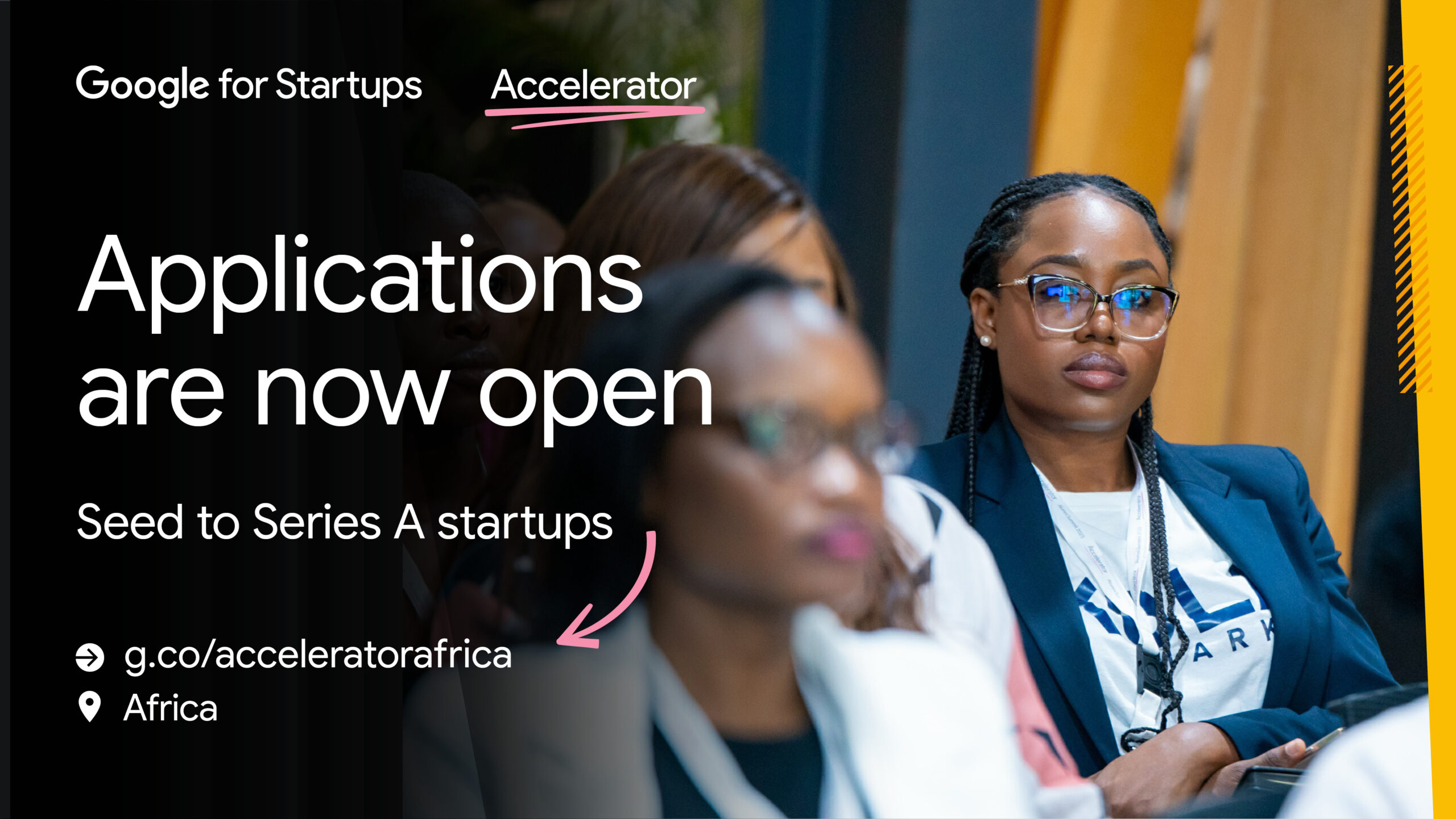Telecom
Akande Tasks Telecom Operators on Licensing Obligations

Prof. Adeolu Akande, Chairman, Board of Commissioners of the Nigerian Communications Commission (NCC), has urged telecoms licensees across different segments of the Nigerian telecommunications sector on the need to adhere strictly to their licensing obligations in order to ensure robust provision of services to the consumers.

Prof. Adeolu Akande, Chairman NCC Board, contributing to the forum
Akande made the call in his remark at the third edition of NCC’s 2021 “Talk to The Regulator” (TTTR) Forum, which took place at Visa Karena Hotels, Port Harcourt, over the weekend.
At the forum held with a focus on “Improving Stakeholder Satisfaction”, Akande stated that the essence of conducting the stakeholder engagement forum across the country’s geo-political zones was to demonstrate to the Commission’s licensees that responsibility does not end in issuing of licenses alone but rather in working with the licensing authority to address issues affecting their operations.
Beyond the issuance of licences to operators, Akande declared that the Commission is legitimately concerned with providing the necessary regulatory frameworks and initiatives capable of ushering in an environment that encourages seamless implementation of the licence conditions.
“In return, we expect the licensees to deliver on their licensing conditions and I want to use this opportunity to challenge our licensees to always comply with their licensing obligations and conditions in order to provide the much-needed services to the generality of Nigerians,” he said.
Speaking earlier on the centrality of the stakeholder engagement to the regulatory activities of the Commission, Prof. Umar Garba Danbatta, Executive Vice Chairman and Chief Executive Officer (EVC/CEO), said the Commission considers feedback from stakeholder’s engagement initiatives imperative for building a robust licensing regime in the Nigerian telecom sector.
The EVC, who was represented at the forum by Adeleke Adewolu, Executive Commissioner, Stakeholder Management, reiterated the Commission’s commitment to stakeholder engagement as a means of deepening collaboration with NCC’s licensees, identifying areas of concern, and jointly developing and implementing practical solutions.
The NCC boss noted that the focus of deliberations for the series of stakeholder engagement had been on licensing processes, policies, and procedures, all geared towards improving Stakeholder Satisfaction, a central factor to all NCC’s regulatory activities.
He emphasised the need to curate insights from each geo-political zone to encourage mutually-beneficial relationships and enhance understanding between the Commission and its key stakeholders.
According to Danbatta, measurable success has been recorded essentially because of Commission’s focus on prioritising stakeholders.
“Achievements such as contributions to Gross Domestic product (GDP) grew to 14.42 per cent in Q2’2021; active internet subscriptions have reached over 140 million; teledensity which now stands at 99.98 per cent; and 40.01% per cent broadband penetration, all as at the end of September, 2021,” he said.
Speaking further, Danbatta said to achieve national policy targets and maintain progressive growth in the telecoms industry, “efforts must be jointly made to harness the full cooperation of licensees to highlight areas hampering the progress of the Commission’s stakeholders.
“We have started making necessary adjustments to reflect the views of our licensees in Kano and Lagos. Port Harcourt will not be an exception,” Danbatta assured.
He reiterated that the meeting is organised in keeping with the Commission’s strategic objectives, which seek to guarantee continuous interface with the critical stakeholder in the industry, for collaboration in seeking solutions to challenges of licensing in Nigeria.
Further underscoring the significance of stakeholder engagement and sensitisation in the Commission, Danbatta said the forum affords stakeholders a platform to raise questions about the challenges of licensing and their operations.
He said such forum also avails the Commission ample opportunity to adequately respond to the concerns that may be raised.
At the Focus Group Discussions (FGD), participants reviewed and discussed licensing trends, regulatory process, implementation of Annual Operating Levy (AOL) regulations, assigning of short codes, type-approval obligations, and Commission’s expectations.
Commission’s propositions for the survival of smaller licensees were also discussed in a session termed “Listen to the licensee,” as they were not only given ample time to air their grievances but also made to proffer solutions for Management’s consideration.
Also, mutually-beneficial positions on multiple taxations, surrendered licences, Right-of-way (RoW) for Internet Service Providers (ISPs), Global System for Mobile Communications (GSM) boosters, amongst others, were part of the issues discussed.
The Port Harcourt edition of the TTTR was sequel to previous editions of the stakeholder engagement forum which took place in Kano on October 16, 2021 and Lagos on November 25, 2021.
The event had in attendance members of NCC Board: Prof. Millionaire Abowei; Clement Baiye; Chief Uche Onwude; as well as Director, Technical Standards and Network Integrity, Bako Wakil; and his counterpart in Licensing and Authorisation, Muhammed Babajika, whose department facilitated the organisation of the forum.
Telecom
Salesforce Revolutionizes Business Intelligence with AI-Powered Tableau Next


Organisations today face a data paradox: they need to make fast, intelligent decisions but are overwhelmed by large volumes of often unreliable information. With over 75% of business leaders under pressure to prove data’s value, the demand for trusted, actionable insights has never been greater.
What is agentic analytics
Agentic analytics allows users to collaborate with AI agents to speed up the entire data-to-action process. Instead of relying on static visualizations, analysts can use AI to automate tasks like data preparation and ETL (extract, transform, load processes), freeing them to focus on deeper analysis. Business leaders can ask natural language questions and get instant, reliable answers along with recommended actions. This makes data-driven decision-making easier and more efficient, removing the need for technical expertise and manual effort typical of traditional BI tools.
- Automate repetitive data tasks like data cleaning, transformation, and visualization generation, as well as the execution of complex, multi-step analytical workflows within and across different business areas. This builds on Tableau’s strength in simplifying complex data for users.
- Proactively deliver faster, more comprehensive insights by autonomously detecting hidden correlations, outliers, and trends that might be missed by human observation. This enhances Tableau’s focus on user-driven insights by providing AI guidance.
- Enable more contextual and effective action through natural language summaries, visualisations, and data-driven recommendations, insights delivered where people work with an enterprise-class workflow engine that enables users to kick off automated actions. This extends Tableau’s ability to drive action from data, making it more seamless within the Salesforce ecosystem.
Built on the trusted Salesforce Platform and leveraging the power of Data Cloud, Tableau Next delivers enterprise-grade performance, robust security, and flexible, zero-copy data integration for seamless data connectivity. Tableau Semantics, an intelligent semantic layer, provides a unified understanding of information, ensuring data consistency and accelerating the discovery of critical insights. The built-in workflow engine in Tableau Next seamlessly translates insights directly into actionable steps, dramatically accelerating the time to value. The key differentiator is the native integration with Agentforce, Tableau Next equips humans and AI agents with pre-built analytical skills to rapidly transform data into tangible business value, marking a significant leap forward in data-driven decision-making. It includes:
- Data Pro: Your Intelligent Data Prep Assistant. Instead of users manually cleaning up and changing data using complex steps (like in traditional ETL), Data Pro will give smart suggestions on how to do it and even automatically handle some of the complicated changes, saving time and effort.
- Concierge: Instant Answers in Plain Language. Get immediate, reliable answers to data questions. Sales teams, for example, can simply ask “What are my best sales opportunities?” and receive clear insights with recommended actions.
- Inspector: Proactive Data Monitoring & Insights. Continuously tracks your data for key changes, analyzes trends, and predicts improvements. Service teams can be instantly alerted to drops in customer satisfaction, enabling immediate action.
Ensuring Data Trust and Accuracy:
- Tableau Semantics: Tableau Semantics serves as the semantic layer, providing Tableau Next and Agentforce with a unified understanding of business data. By establishing consistent definitions and context, it enables AI agents to generate accurate and relevant responses.
Boosting Efficiency:
- Marketplace: Allows users to easily share and reuse data analysis components (like data assets, connections, metrics, visualizations, dashboards), saving time and ensuring everyone is working with the same information.
“Tableau Next helps businesses achieve faster, more impactful results with their data,” said Ryan Aytay, CEO of Tableau. “We’re shifting from basic reports to a world where AI is a collaborative decision-making partner. By combining AI agents with trusted data and easy-to-use tools, we’re making data accessible to everyone and transforming the data-to-action process into an automated, proactive, and insight-driven cycle. This empowers users to improve decision-making, boost efficiency, and manage risk more effectively.”
Telecom
Temu and Shein Raise U.S. Prices Amid Trump-Era Tariffs

Chinese-founded e-commerce platforms Temu and Shein have announced upcoming price increases for U.S. customers, citing higher operating expenses due to tariffs imposed during former President Donald Trump’s administration.

These tariffs include a 145% import tax on most goods made in China and the elimination of the “de minimis provision,” which previously allowed goods valued under $800 to enter the U.S. duty-free.
The changes, effective May 2, have disrupted the business models of both companies, known for their ultra-low prices and extensive digital marketing campaigns.
Temu and Shein, which specialize in affordable products ranging from clothing to electronics, have urged customers to shop before the price adjustments take effect.
The companies aim to minimize the impact on consumers while adapting to the new trade rules.
These developments come amid concerns from U.S. lawmakers and business groups about the competitive advantage of inexpensive Chinese goods and the potential entry of counterfeit products through the now-canceled exemption.
Telecom
Google Launches 2025 AI Startups Accelerator Program for African Innovators

Google has opened applications for the 2025 Google for Startups Accelerator Africa program, a three-month initiative designed to support early-stage startups using artificial intelligence to address Africa’s most pressing challenges.

Across the continent, startups are demonstrating how local innovation can solve deeply rooted problems. In West Africa, Crop2Cash – an agritech platform and alumni of the program – is using AI to digitally onboard smallholder farmers, build their financial identities, and provide them with access to credit, traceable payments, and productivity tools.
Through these efforts, Crop2Cash is improving agricultural outcomes and unlocking economic opportunity for farmers who have long been excluded from formal systems—illustrating the kind of impact that’s possible when African startups receive the support they need to scale.
The Accelerator is open to Seed to Series A startups based in Africa that are building AI-first solutions. Startups must have a live product, at least one founder of African descent, and a clear vision for responsible AI innovation. Selected participants will receive:
Dedicated technical mentorship from Google and industry experts
Up to $350,000 in Google Cloud credits
Access to a global network of investors, partners, and collaborators
Workshops focused on technology, product strategy, people leadership, and AI implementation
AI’s potential to accelerate Africa’s development is real, and Google is investing in ensuring that African startups lead that charge. According to McKinsey, AI could add $1.3 trillion to Africa’s economy by 2030, but only if bold innovation is supported at the grassroots.
“Startups are Africa’s problem solvers. With the right resources, they can scale their impact far beyond local communities,” said Folarin Aiyegbusi, Head of Startup Ecosystem, Africa at Google.
“This program reflects our belief that AI can be transformative when shaped by those who understand the context deeply.”
Since 2018, the program has supported 140 startups from 17 African countries. These alumni have raised more than $300 million in funding and created over 3,000 jobs. Many are now regional and global leaders in their categories.
Applications for the 2025 cohort are now open. Startups interested in participating can apply at: https://startup.google.com/programs/accelerator/africa
For further information and updates, visit the Google Africa Blog or follow @GoogleAfrica on social media.

 Telecom1 day ago
Telecom1 day agoSalesforce Revolutionizes Business Intelligence with AI-Powered Tableau Next

 Broadcasting1 day ago
Broadcasting1 day agoMultiChoice Brings Easter Home with Dedicated Pop-Up Channel

 News1 day ago
News1 day agoAirtel Smartcash Set to Power Stress-Free Easter with Seamless Cashflow

 Telecom2 days ago
Telecom2 days agoDRIF25 Brings Together 1,000 Delegates in Lusaka

 Telecom2 days ago
Telecom2 days agoGoogle Launches 2025 AI Startups Accelerator Program for African Innovators

 News2 days ago
News2 days agoOOUTH Commends IHS Nigeria, UNICEF for Life-Saving Oxygen Plant Donation

 General News2 days ago
General News2 days agoMoMo PSB Launches Refer & Win Promo: Free Airtime or Data for Life Awaits Nigerians

 General News2 days ago
General News2 days agoReps Panel Demands N182bn Refund from Remita Over TSA Discrepancies



























